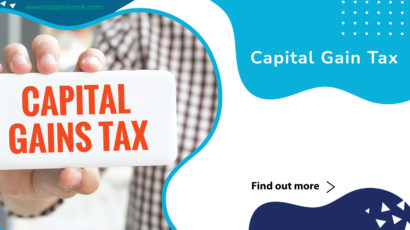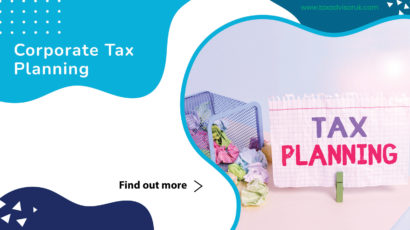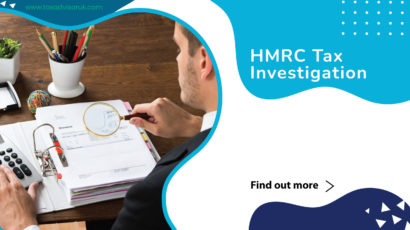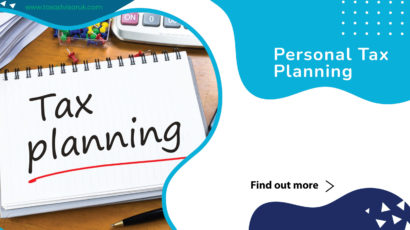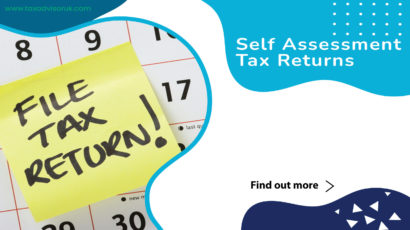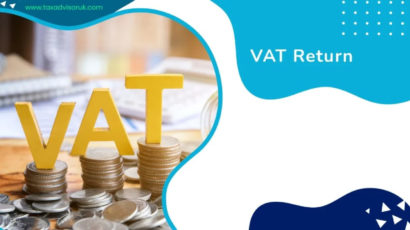Buying Property Through a Limited Company
If you are a business owner, contractor, or independent professional who operates through a limited company, you may have considered purchasing property through your company. Property purchases using limited companies have become increasingly popular in recent years. For most higher-rate taxpayers, acquiring rental properties through a limited corporation makes sense. It offers complete tax savings on mortgage interest, as well as lower tax rates and more flexibility. It also creates a solid professional foundation for your property firm, which can help you persuade investors and lenders. However, because each situation is different, it’s always a good idea to seek advice, especially because the UK government continues to make changes that make the decision more complex each year.
In this article we will cover :-
Key considerations before purchasing property through a limited company
Benefits of buying a rental property through a limited company
Drawbacks of buying a rental property through a Limited Company
Key considerations before purchasing property through a limited company.
Your income – You will be subject to income tax at a rate of 40-45 percent if you purchase property as a higher or additional rate taxpayer. If you buy property through a limited business, however, you will only have to pay a 19 percent corporation tax.
Whether you already own property – You should consider if it is advantageous to transfer property to your business. The price of transferring each of your properties to your company may outweigh any benefits, thus this may vary based on your property portfolio.
Whether you already own a limited company – If you do not already own a limited company, you should consider whether it would be worthwhile to form one and, if so, how much it would cost to run it. If you just want to rent out one or two homes, forming a limited company may be overkill; instead, get professional advice from a property tax specialist or an accountant.
Benefits of buying a rental property through a limited company
Tax benefit- Profits are taxed differently, which is a significant advantage. For private landlords, profits from rental income are taxed in the same way as other incomes. If you acquire a property through a limited company, on the other hand, the profit you make will be subject to corporation tax at the current rate of 19 percent. As a result, if you’re a higher-rate taxpayer, buying real estate through a limited corporation can save you a lot of money.
Income withdrawal on a flexible basis – With a limited corporation, you only pay taxes on the earnings that the company generates. A sole trader or partnership, on the other hand, is taxed on all profits produced by the company, regardless of whether the gains are actually withdrawn.
Mortgage relief – Furthermore, private landlords are unable to deduct mortgage interest from rental revenue in order to reduce their tax liability. Instead, they are eligible for a tax credit equal to 20% of their mortgage interest payments. Because the credit only refunds tax at the basic rate, higher-rate taxpayers will not receive a full refund on their mortgage payments. Mortgage interest, on the other hand, is considered as a business expense for limited firms, which means that if you buy property through your company, you can deduct the cost before paying corporation tax.
Tax planning – Companies are a better vehicle for tax planning than buying as an individual. There are a variety of options available, including using a family investment company, forming limited liability partnerships, and taking advantage of tax-free benefits, all of which can assist lower overall tax liability.
Inheritance tax planning- Finally, if you are a landlord planning to pass on your property portfolio to your children or other family members, purchasing property through your limited company is a great way to avoid paying substantial inheritance tax by making family members shareholders. A company makes it easier to pass a business to family members because you may offer them shares and finally transfer the full business to them.
Stamp duty- On the selling of shares, there is a 0.5 percent stamp duty. As a result, selling the company rather than the property may provide you more negotiating leverage when selling assets, as the buyer may save a significant amount in SDLT (15 percent in certain cases).
Limited liability (Reduced Risk)- Having a business can assist you reduce your personal financial risks. In the event of unforeseen situations, your financial risk is limited to the company’s assets and obligations.
Small Self-Administered Scheme (SSAS) pensions- SSAS accounts can be used by businesses to invest in commercial real estate or residential development projects. The money you put into your SSAS account is tax-free (until the pension is withdrawn). You’ll also get tax savings on payments to SSAS pensions if you’re a corporation.
Drawbacks of buying a rental property through a limited company
Finding a proper lender is the most significant drawback you may face. The majority of buy-to-let lenders will not lend to limited firms, and if they do, personal guarantees from the company’s directors are typically required. You can also find that such mortgages have higher interest rates.
You must transfer or sell your property to your new firm unless you incorporated your company before purchasing it. Given that the value of your property is likely to have increased when you first purchased it, this would trigger capital gains tax. A property repurchase would also be subject to stamp duty.
Finally, in order to access your rental income, you’d have to pay yourself a salary or dividend. These payments are taxed, and rental gains distributed as dividends are not deductible as a business expense.
How TaxAdvisor UK can help
At TaxAdvisor UK , our experts will provide you 30 minutes free consultation and help you in managing all your tax and accounting work. Speak to our expert accountants, tax advisor on (0203) 5381276 or fill an online form today. We can have a consultation session over the phone, virtual or face to face meeting and will provide you with a no obligation fixed quote




